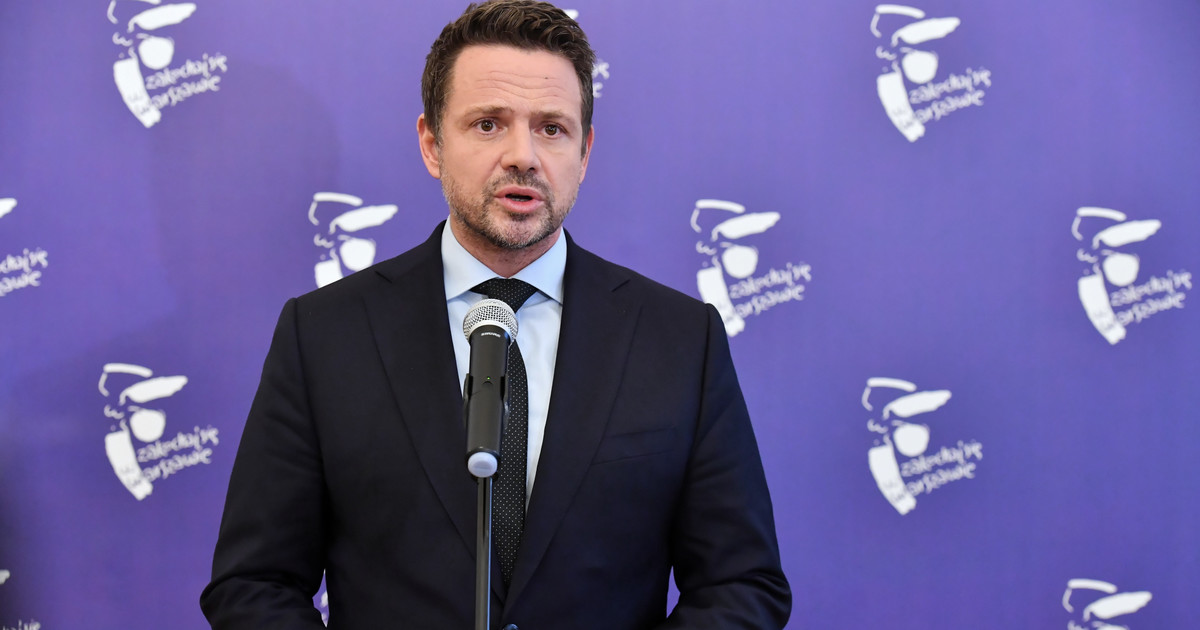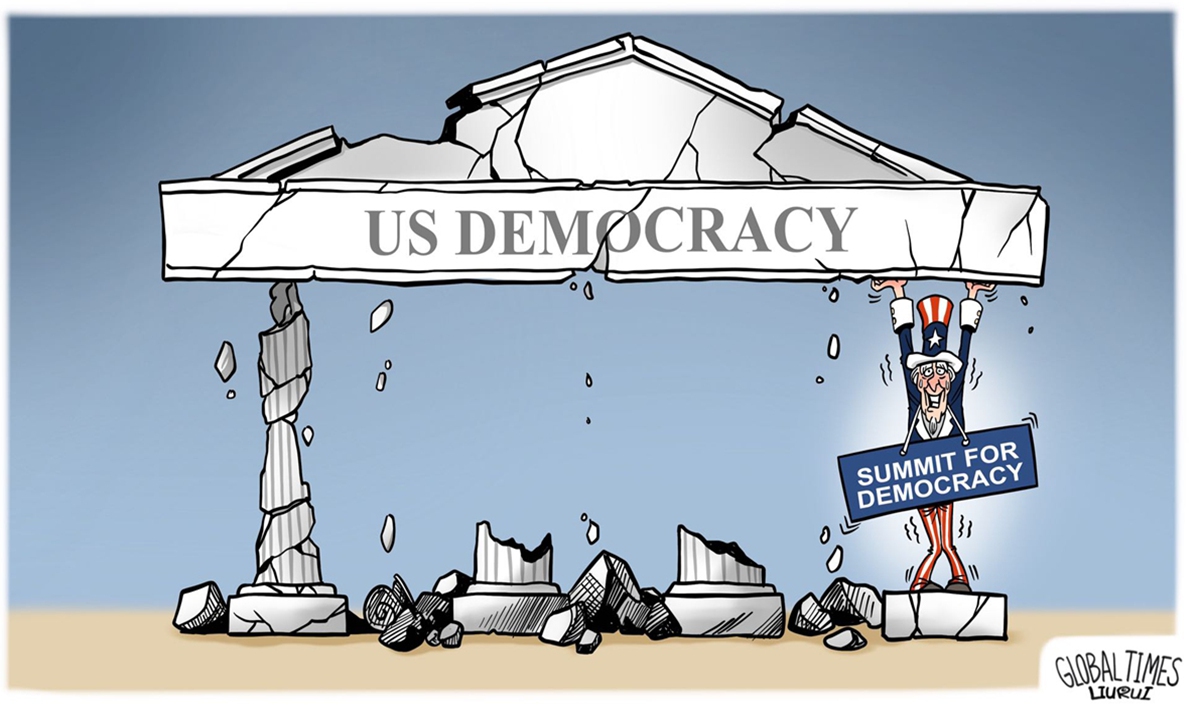
Trzaskowski to US Congressmen: Poles Have Not Yet Given Up
Rafał Trzaskowski spoke on Thursday at a meeting of the U.S. House of Representatives Foreign Affairs Subcommittee on Europe, Energy, the Environment and Cyber. He was accompanied by the mayors of Prague, Budapest and Bratislava, with whom he signed the Pact of Free Cities two years ago. This was an agreement between the capitals of the Višegrad Four Group, led by liberal-democratic parties in the effort to stop the populist nationalist movements in place in Poland and Hungary — and also strong in the Czech Republic and Slovakia. The pact has since been joined by the authorities of 20 other cities, mainly in Europe, but also in Taipei, the capital of Taiwan. The Guardian called the pact "Islands in the illiberal storm.”
Trzaskowski: The Poles Have Not Given Up Yet
Due to the pandemic, restrictions in the U.S. Congress are still enforced, thus Trzaskowski spoke remotely from Warsaw, as did his colleagues from the three capitals. He began by recalling the famous speech of Lech Walesa to Congress in 1989, and stated that the PiS government is trying to "erase from history" the founder of Solidarity and the former president of the Republic of Poland, whose name is known throughout America. He spoke about the limited rights of homosexuals, because of the conservative ruling coalition; the draconian anti-abortion act; the transformation of public media into an organ of propaganda; the campaign against him and the treatment of him as an enemy.
He recalled that he was one of the first city leaders in Europe to sign the LGBT Charter of Rights, for which he was fiercely attacked by the government and its media. He emphasized that he would nevertheless not abandon his policy: "Whoever (LGBT) is attacked in Warsaw will be defended by me and the people who work with me," he said.
"Poland is still a democracy, because an overwhelming majority of Poles have not given up the fight," said Trzaskowski. He drew attention to the international aspects of the rise of conservative populism in Central and Eastern Europe, supported by Russia: It weakens the European Union and the entire Western community. “The Russians are amassing troops on the Ukrainian border. […] The trans-Atlantic community cannot afford to have a weak link in our part of Europe,” he said. "If a vacuum is created in our part of Europe, it will be filled by Russia and China," he added. Finally, he called on Congress to continue helping democratic forces in Poland and other countries in the region by supporting their initiatives.
Warsaw Sets an Example
"Be assured that we are not giving up on Poland," the chairman of the Democratic subcommittee, Bill Keating, replied to Trzaskowski's appeal. "You are a great example of the importance of big cities,”* he told him and the other three mayors.
When asked about the Three Seas Initiative, the mayor of Warsaw spoke positively about it, saying that it could "make us more independent from China," but added that "all initiatives" should be used to "resist hostile influences." He then appealed to the U.S. to invest more into European energy, which would be a counterweight to "the others," implicitly China and Russia. He also pointed out that initiatives to stop catastrophic climate change — developing public transportation, helping residents use renewable energy, etc. — also have an international security dimension, as they help nations become independent from traditional energy sources from Russia.
China and Antisemitism
Congressmen were particularly interested in China and its activity in Eastern Europe. Responding to their inquiries, Prague Mayor Zdenek Hrib spoke of Beijing's growing influence in the Czech Republic, where the Chinese have a network of people with business ties to China and influence public opinion to favor its interests. Budapest Mayor Gergely Karacsony called Hungary "China's Trojan Horse in the European Union." Congressmen asked the mayors for their positions on China's threats against Taiwan. Hrib said that Prague is tightening ties with the endangered island and supports Taiwan's membership in the World Health Organization, because "China lied to the world" about the origins of the COVID-19 pandemic. Trzaskowski did not comment on the Chinese threat.
Congressmen Brad Schneider and Ted Deutch asked the mayor of Warsaw about the issue of antisemitism in Poland. “What are you saying to the Jewish community to tell them that there’s a place for them in Poland, in Poland’s future, and that they’re safe and secure in their homes?”* asked Schneider, probably referring to reports of nationalist marches in the capital and an antisemitic demonstration in Kalisz. He also mentioned the issue of the restitution of private Jewish property in Poland. Trzaskowski praised President Andrzej Duda for condemning the antisemitic incidents and said, “Poland is one of the safest countries in Europe and when it comes to safeguarding the constitutional rights of minorities, we do whatever we can and I have to say, honestly, that there is no agreement in conservative government to attack, for example, the Jewish minority, but sometimes they create an atmosphere in which the nationalistic elements can actually do what they do. But I can assure you the Jewish community in Warsaw is safe. We are doing everything to collaborate with them. They’re part of our DNA […] part of our culture in Warsaw,” he said.
*Editor’s Note: Although accurately translated, this quoted passage could not be independently verified.

